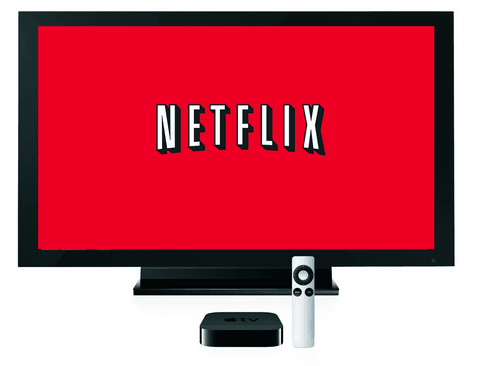
I’ve made, kept and broken New Year’s resolutions so many times that I can’t remember most of them.
The most memorable resolution was back in college when I decided, for no good reason, to give up drinking soda. While I’m sure it cut down on some of my caloric intake, there was no real vision behind it. Other than skipping the soda fountain in the college dining room, my main memory about this whole undertaking was the painfully bad case of hiccups I got when I drank something bubbly a year later. My abs were sore for days.
Though I hope your resolutions have more meaning than my soda-fast did (you’re probably deeper than I was back then), New Year’s Resolutions can tend to be a bit vain and meaningless. I think it’s time we change this. Your life has meaning (even if you don’t know what it is yet) and the ways you choose to invest yourself and your resources make an impact—for good, bad and often in-between.
Here are a four ways to make sure your resolutions count:
They’re not (just) about you
I always seem to start with me when it comes to resolutions. I think about myself a lot, I suppose. But the resolutions that are only about me aren’t very exciting or fun. God made us to connect with others.
A New Year’s resolution is an opportunity to impact and change more than just yourself. You can change your community by collaborating on something. You can change the lives of others by finding ways to meet their needs. Better yet, you can change your life and your community by meeting the needs of people outside of your community together.
It’s fun to see if you can go without soda for a year, but the only way it’s helpful is for anecdotes for articles like this. Make a resolution that impacts others.
They are simple
Our lives are complex enough already. This year, instead of adding to the complexity, try a resolution that encourages you to simplify. Get rid of things instead of buying things. Quit something instead of starting something new.
The Overflow Project is a great organization that helps you do just that—and help others as you do it. How about challenging your community to take the Overflow Project Challenge this year? You could give up soda pop and donate the money you save to helping others. (I wish I had thought of that!)
They are connected to who you are
A New Year’s resolution is a great way to experiment with the kind of meaning you really want to make in the world and with other people. The best kind of resolutions are connected to who you are, how God has formed you and who God is calling you to impact.
Words such as “calling” and “vocation” can have so much pressure and expectation associated with them that they are difficult to work with. Instead of worrying about finding your “calling,” make your New Year’s resolution into an experiment to see what it feels like to do the kinds of things that have meaning for you.
It’s just a resolution—there are no strings attached. You can succeed or fail and it’s no big deal. It’s an experiment to see what it feels like for you to try bringing more of who you are to what you do. By trying, you have the opportunity to impact others and be changed by the process.
Who knows? This year’s resolution could be the beginning of something so much bigger than just this year. This could be the start of you moving deeper into your true work.
They are a part of a bigger vision
The New Year is a blank slate of possibilities. Into that open space, we are quick to insert all kinds of hopes and dreams. Though it is important give voice to our hopes and our desires, we
often move past the hope and dreams and too quickly into action and commitments. This can be problematic. If our commitments are not connected to deeper places of meaning in our lives, they end up being empty and disappointing.
Dallas Willard breaks down all personal transformation to a three step process: Vision, Intention and Means. The vision is the picture of the end goal: where to go and what it could be like to accomplish it (for example: running the Boston marathon). The intention is having the desire to make that change come about (ex: you wanting and intending to run the Boston Marathon). The final piece is means: having the tools you need to go about pursuing your goal (a training schedule, running shoes and/or a commitment to running three times a week).
As we rush to make some good resolutions, it’s easy to approach this process backwards. We commit to running without the vision for why we run. In my case, I committed to stop drinking soda for no reason. These resolutions, though noble, often don’t last. Your energy to continue depends on the pay-off at the end (the vision). The greater the payoff, the more likely you will continue (keep your intention). Or, like my soda pop fast, you may finish and then realize that you didn’t actually care that much—leaving you wishing there was more depth to your accomplishment.
Make resolutions that count this year. Make an impact on others. Keep them simple. Connect them to who you are. And use your resolutions to pursue a bigger vision of life, work, and meaning.
Here’s to a great 2014, with or without soda pop.






















